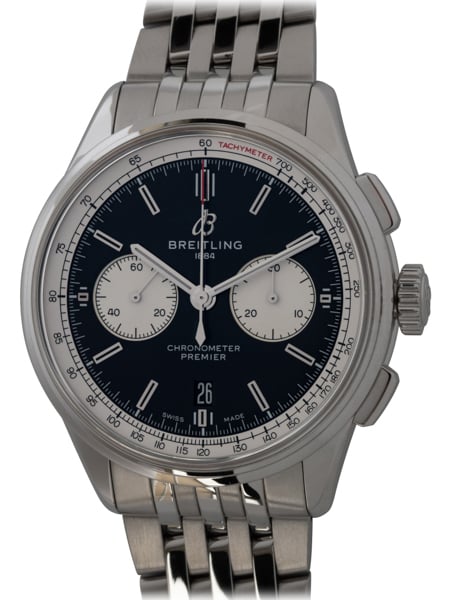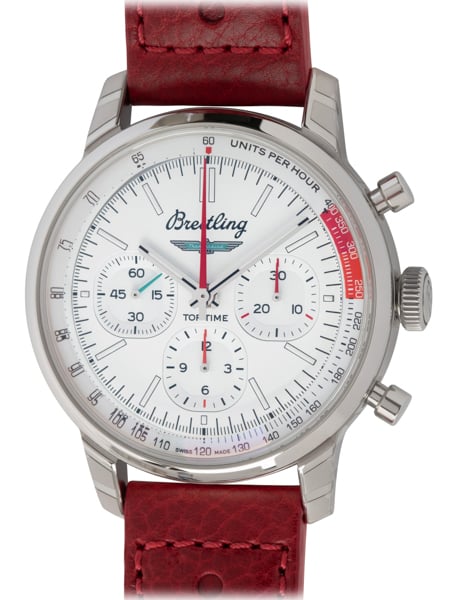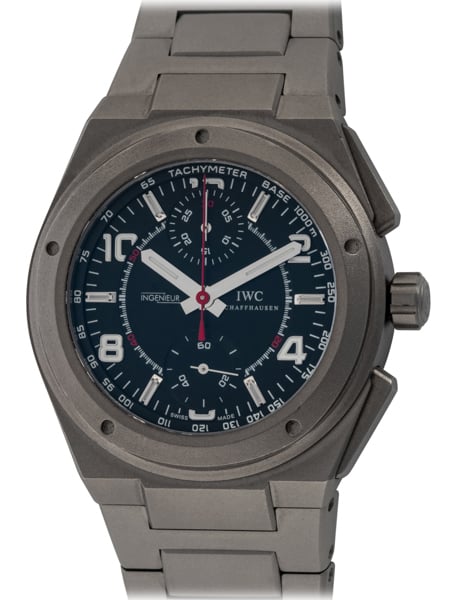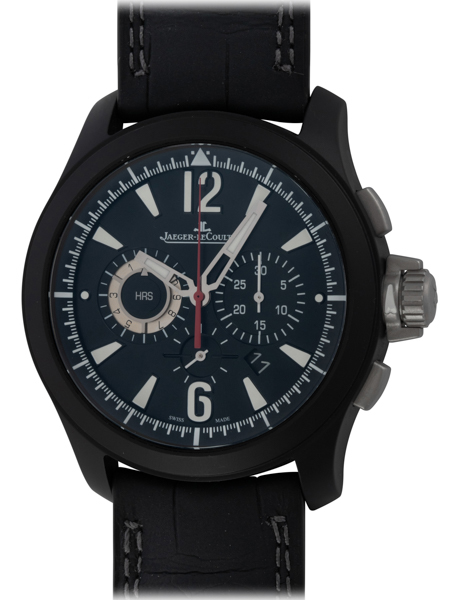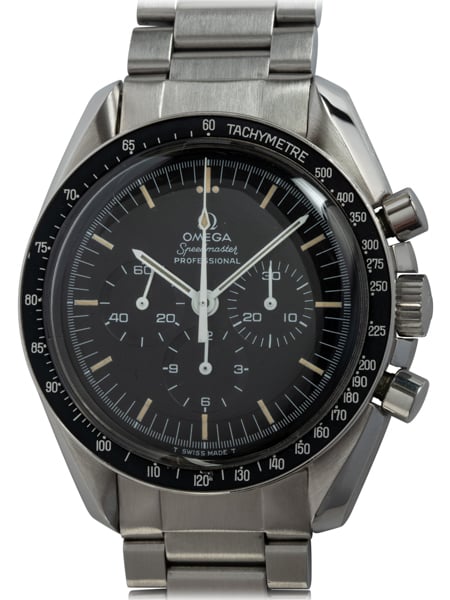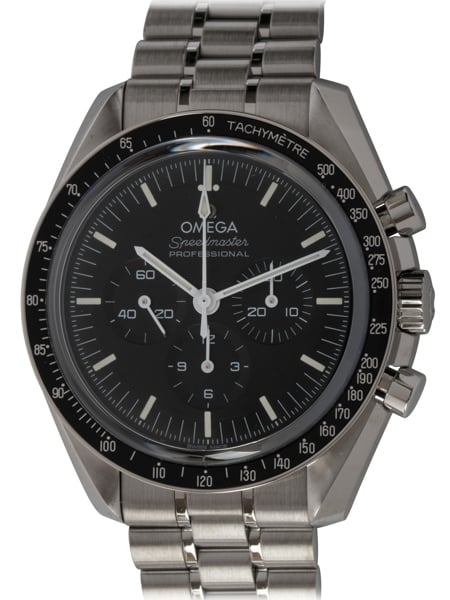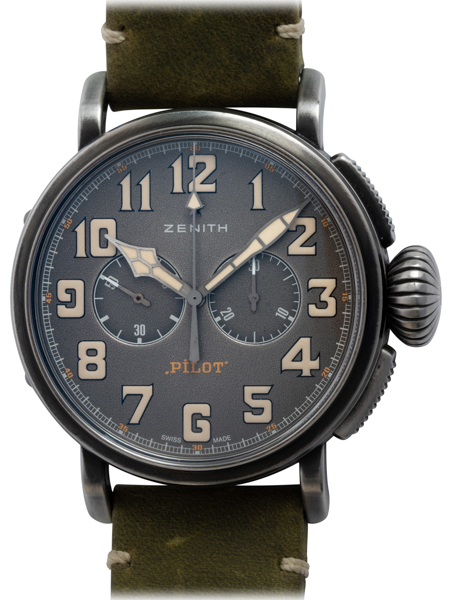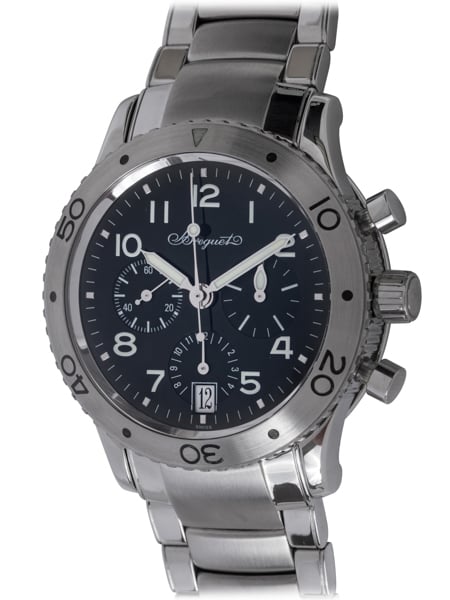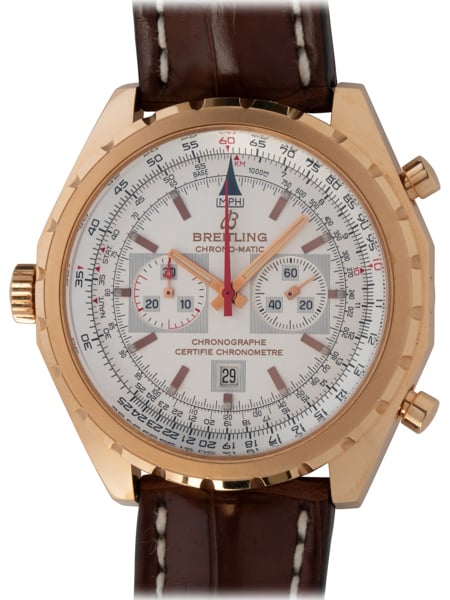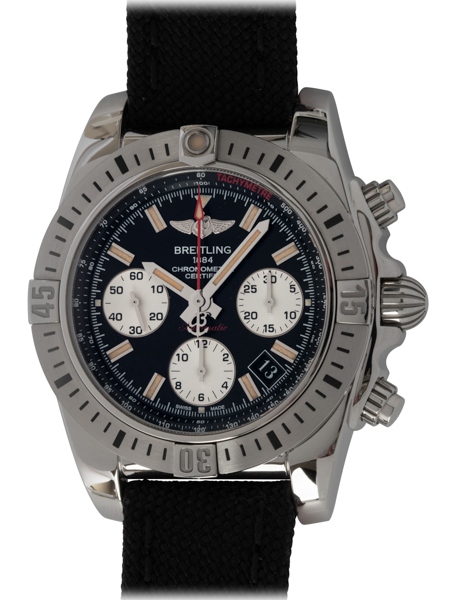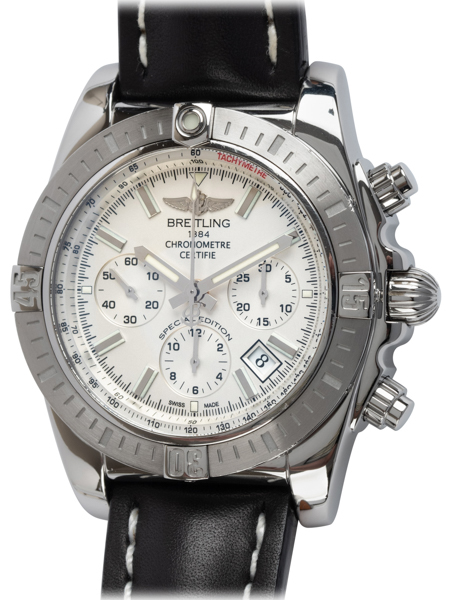Chronograph Watches
- Breitling - AVI 765 1953 Re-Edition
- Breitling - Chronomat B01 42 Bentley
- Breitling - Navitimer 09 Japan Limited Edition
- Breitling - Premier B01 Chronograph 42
- Breitling - Super Avenger II Chronograph
- Breitling - Top Time B01 'Ford Thunderbird'
- IWC - Doppelchronograph
- IWC - Ingenieur Chronograph AMG
- Jaeger-LeCoultre - Master Compressor Chrono 44 LE
- Omega - Speedmaster '57
- Omega - Speedmaster 'Straight Writing'
- Omega - Speedmaster 38
- Omega - Speedmaster Moonwatch Professional Co-Axial Master Chronometer
- TAG Heuer - Monaco Chronograph Calibre 36
- Zenith - Pilot Type 20 Ton Up Chronograph
- Bremont - ALT-1-C Classic
- Bremont - Arrow Chronograph
- Breguet - Transatlantique Type XXI Flyback
- Breguet - Type XX Transatlantique
- Breitling - Aviator 8 Curtiss Warhawk 43
- Breitling - Chrono-Matic 44 LE
- Breitling - Chronomat 41 Airborne
- Breitling - Chronomat 44 Airborne
- Breitling - Classic AVI
Chronograph Watches Watches
Chronographs are watches with the integrated capabilities of a stopwatch. The idea of the chronograph was first conceived in 1776 as a way to record the time of a projectile's flight, but the first commercially built chronograph didn't appear until 1816, and was used by King Louis XVIII to record the time of horse races.
The modern automatic chronograph was revealed by in 1969, first by Seiko, then by the Chronomatic collaboration (Heuer, Breitling, Hamilton, and Dubois-Depraz), and finally by Zenith. The term "chronometer" is often confused with "chronograph" -- the former is a chronograph that has been certified by the Controle Officiel Suisse des Chronometres, the institute responsible for verification and certification of the accuracy and precision of wristwatches in Switzerland.



